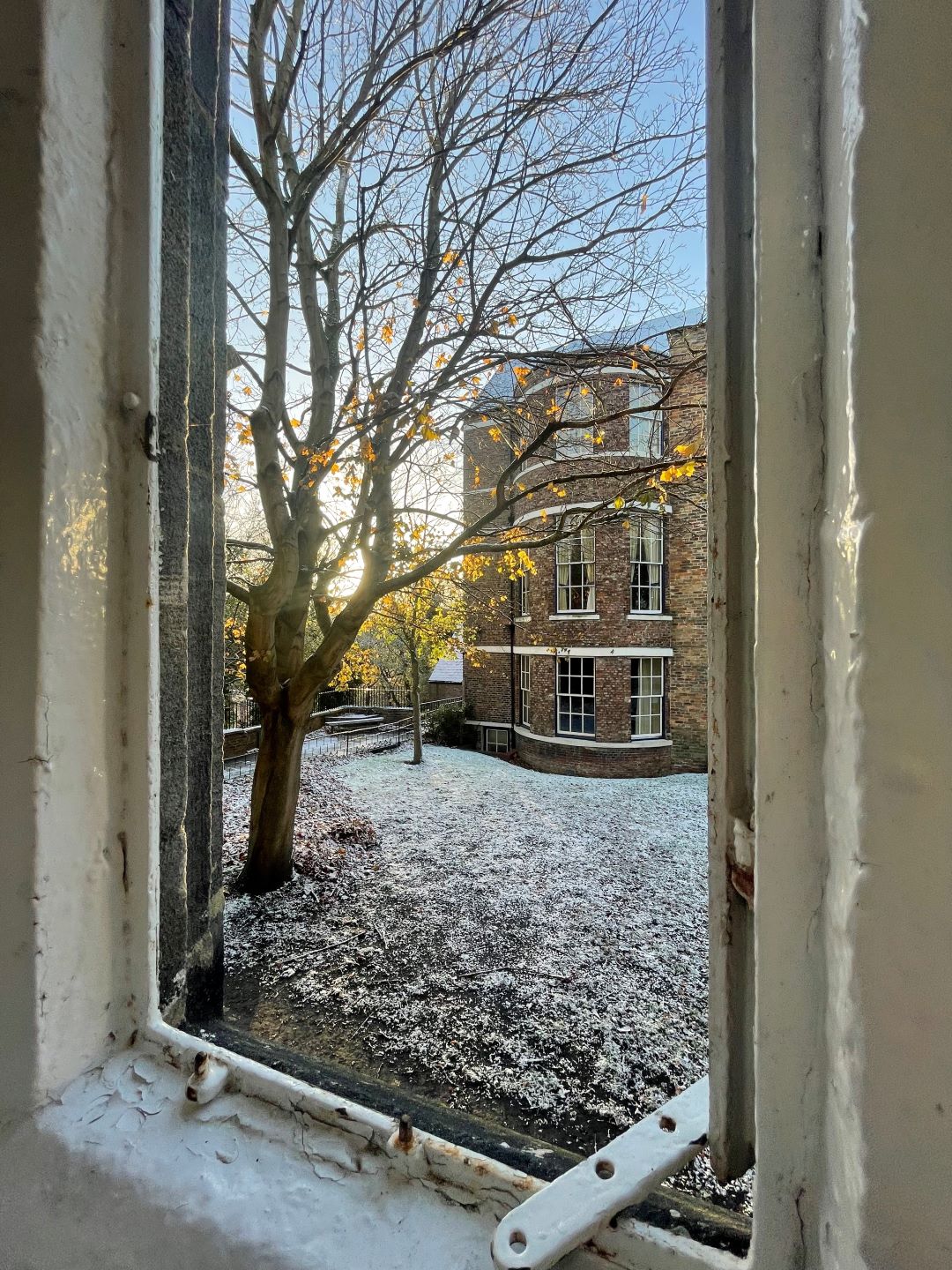The collegiate system
For those of you who don’t know, Durham is a collegiate university with seventeen different colleges, which means that once you’re allocated a college this is where you stay for first year (unless you live out) and this becomes a kind of community for the rest of your time at university. For the most part this encompasses balls, formals, bops, events such as fashion shows and college sports, however, it also means you’re provided with both a college specific and university wide support system, which is definitely something not talked about enough! As I’m from Van Mildert, most of my experience will be specific to this college, but each college runs a pastoral team and routine in its own individual way.
Ask for help, it’s there!
Firstly, it’s really important to realise that it’s okay to ask for help when you’re at university. Especially if you’re moving away from home, this will be one of the biggest changes of your life, and it can be very overwhelming to be expected to start ‘adulting’, as my housemates have affectionately termed it, almost instantaneously. My 18th birthday was on the second to last day of August, and just three weeks later I was packing up my belongings to move three hours away from home for the term, so it really did feel like a rapid transition from not even being considered old enough to drink to being someone who lived on their own and was (for the majority of the time) self-sufficient. Most people tend to get caught up in the chaos of Freshers’ week initially, then seem to have a crash moment later in the first term between weeks three and five – which is totally fine and understandable! Whenever you have a low moment, the most important thing is not to think it’s only you going through this, because everybody has a tough time adjusting to new situations and this can be really disheartening.
This is exactly why student support exists: the university literally hires people to support you, so it makes sense to use the services on offer. In my college there was a student support team that ran drop-in sessions three times a week with voluntary students, you can just go for a chat or get biscuits, and there was also a 24-7 chatline to reach out to these students for help. Although you might think it would be really awkward going to see another student about your issues, the majority of people who volunteer for this programme, called Talk and Support, do it because they’ve also been through similar issues at university, so you tend to have things in common. There are also specific Talk and Support reps, and different societies across the university and collegiate system, for international worries, LGBTQ+ support groups and more, plus specific targeted campaigns about mental health issues and safety at university. If Talk and Support seems a little too close for comfort, most colleges also have a support worker you can book appointments with to try and get to the root of the issue, something which I found really helpful in my second term when I suffered from homesickness.
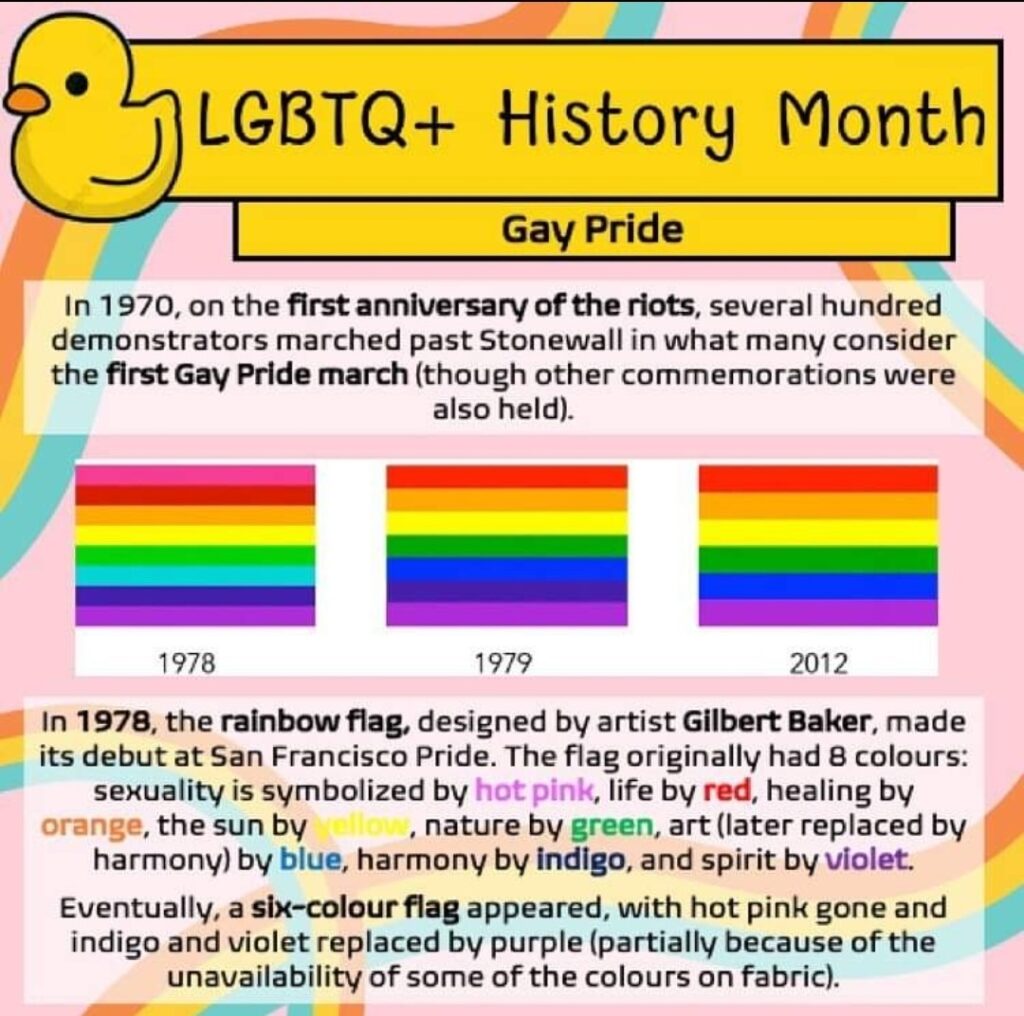
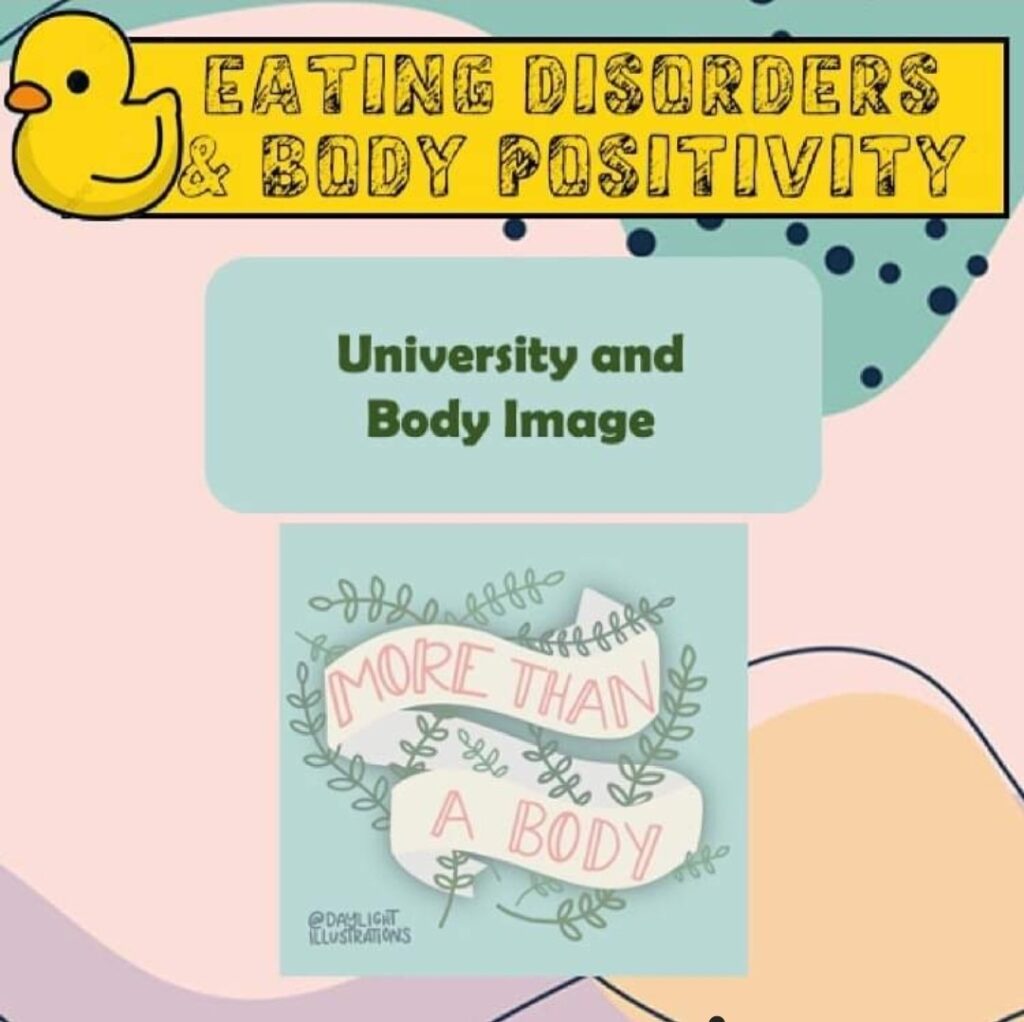
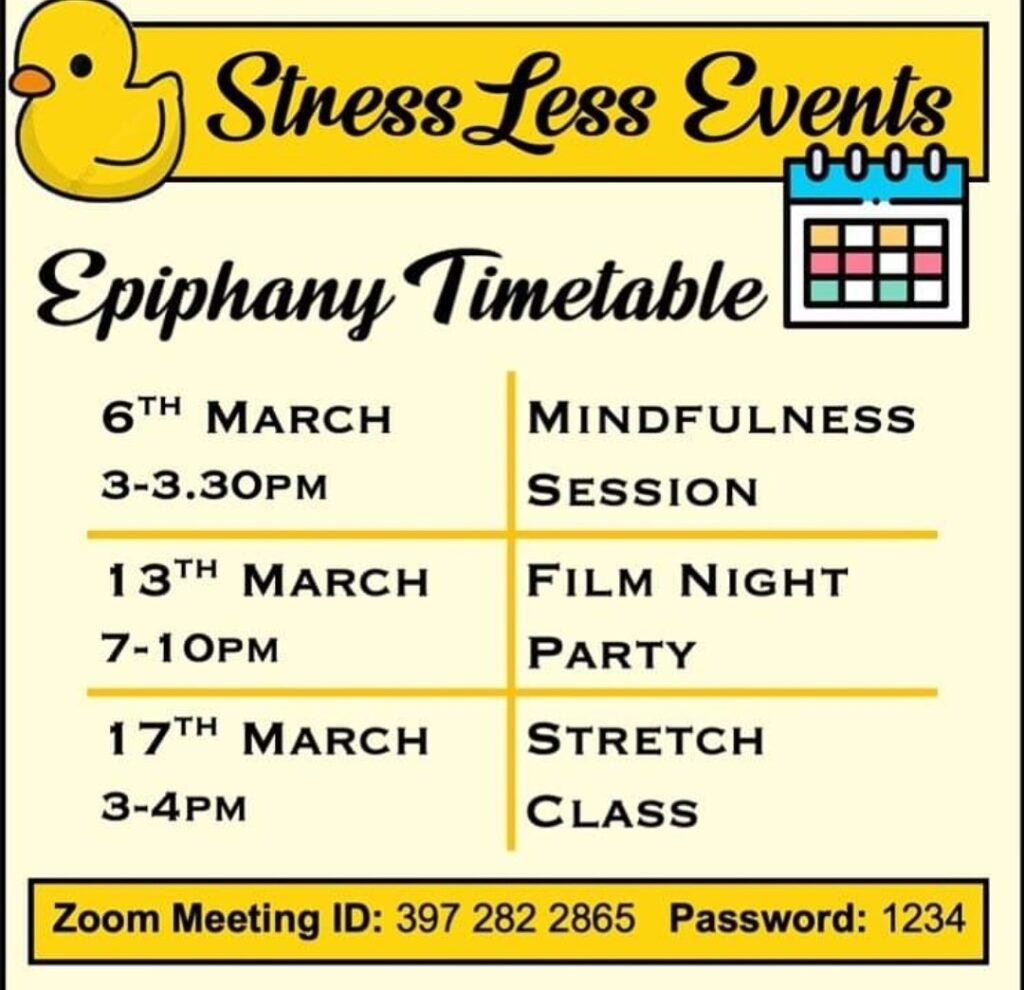
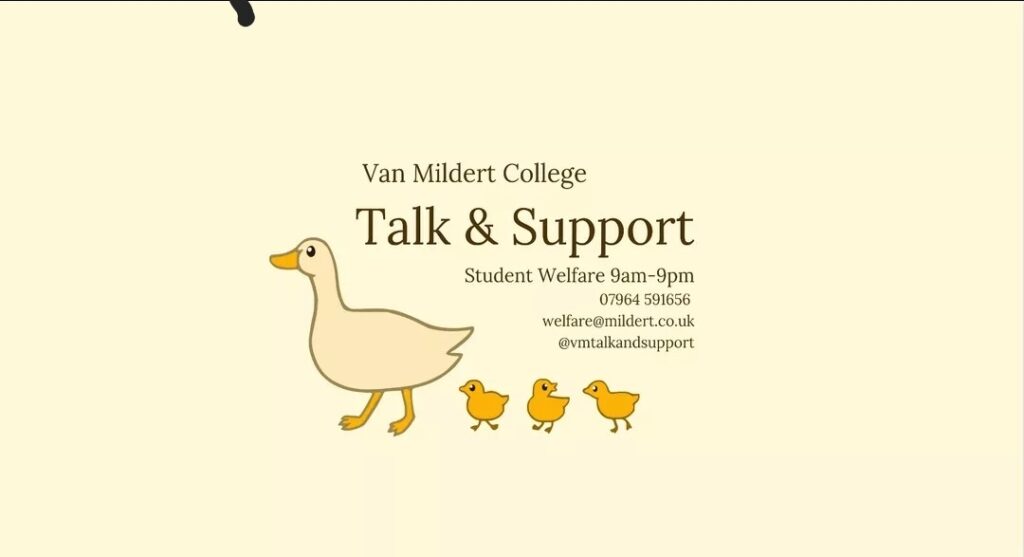
Support from college and the university
The college support system tends to work in tandem with the university support system and departmental staff, so when you email one about issues that could reflect on academic performance the other is generally made aware of this as well in order to offer solutions such as deadline extensions and extra support calls. If you are worried it’s simply a case of emailing your departmental support officer who can decide if the circumstances are valid for an extension, or who can offer options of extra support for those who need it. You can also simply contact your subject leader: when I was in my first year, my boyfriend was ill in hospital for a few days with meningitis, which resulted in a lot of lengthy hospital visits (his parents were in Australia at the time!) so I emailed my tutorial leader, who was really lovely in giving me notes from the tutorial I missed and offered me an extension on one of my formative essays straight away.
In conclusion, my main advice is not to be afraid of reaching out for help when you need it. The university has the support system in place for exactly this reason! University can be stressful for a number of individual reasons, but it’s important to remember that there are real people at the other end of an email, not robots, who are generally understanding and try as hard as possible to support their students when issues do arise.
Discover more
Find out more about Counselling and Mental Health Service – Home (sharepoint.com)
Download our latest prospectus and college guide here.
Follow our students on Instagram, TikTok and YouTube

Ruby Tomlinson
Hi, my name is Ruby, a recent graduate in English at Van Mildert College. When in Durham I loved getting outside to see the beauty spots the city has to offer, so you'll see many of my blogs offer recommendations! I take part in lots of extra-curriculars such as ball planning, sailing, dance and charity work, so I'm looking forward to sharing my experience and I hope you find it useful.



